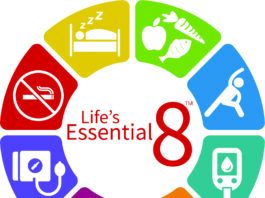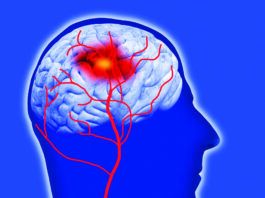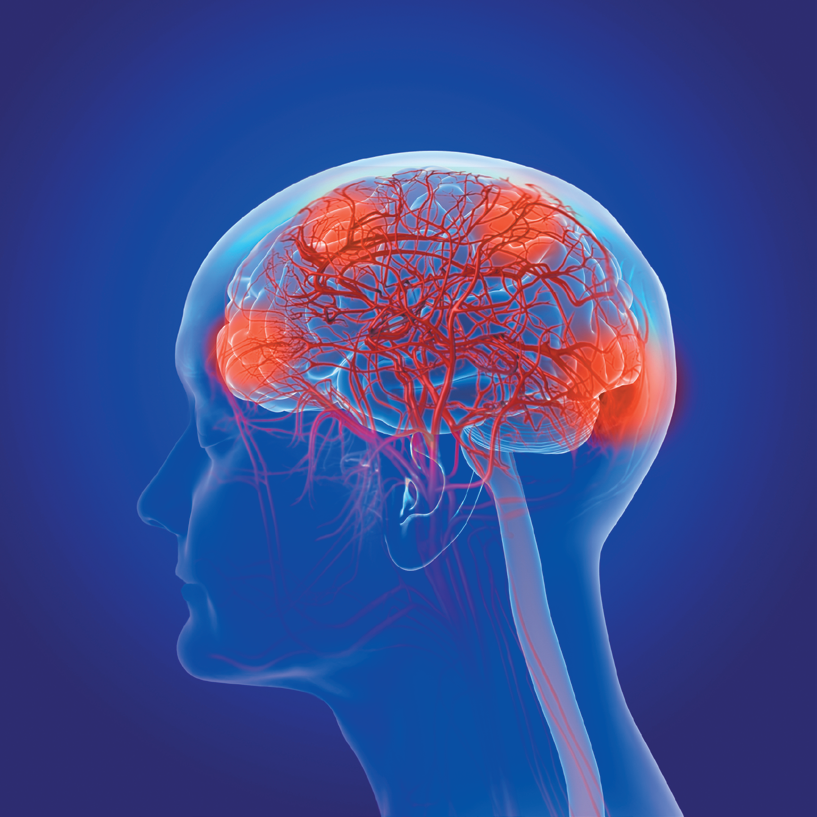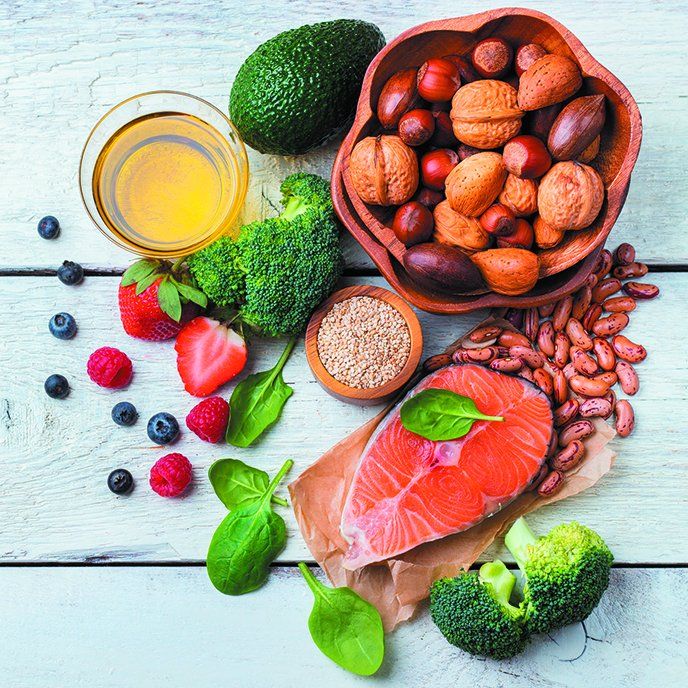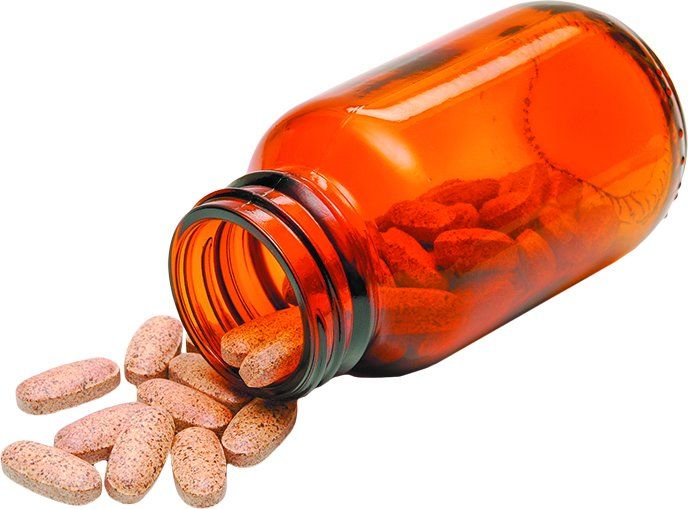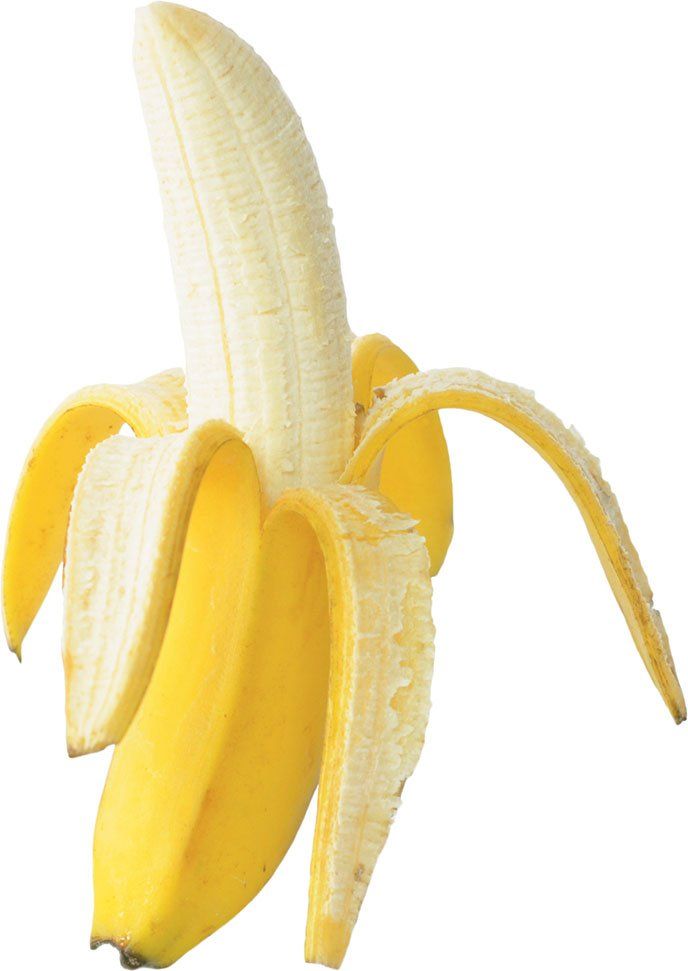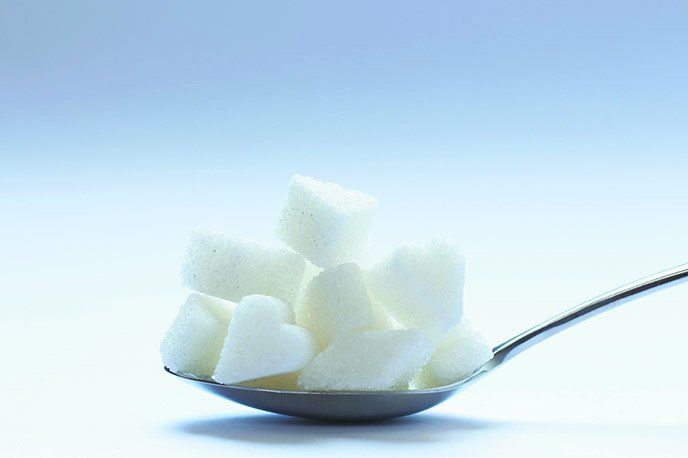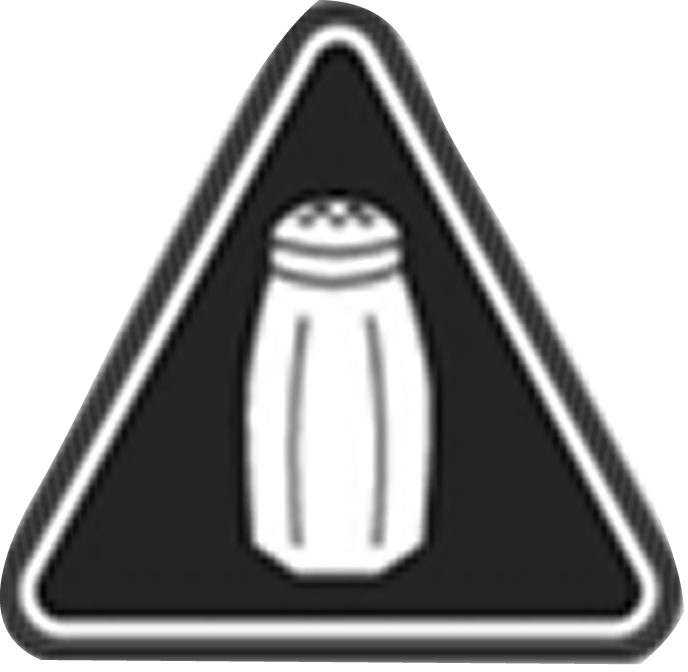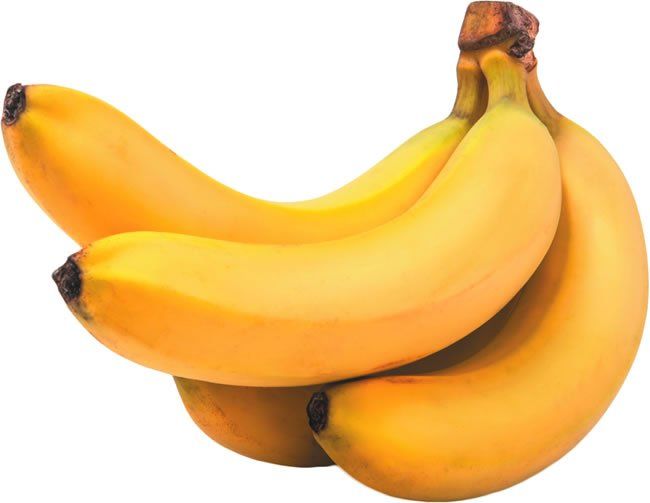Diet and Stroke Prevention
On average, someone in the United States has a stroke every 40 seconds. While there are numerous factors that increase risk (including high blood...
Diet Causing 300,000+ Annual Cardiovascular & Diabetes Deaths
We're often told to eat better to ward off risk of disease and dying early. In that effort, knowing which eating habits to focus on could be helpful. Findings from a new study in JAMA show the large potential impact of 10 dietary factors on Americans' risk of dying from heart disease, stroke or type 2 diabetes. These three conditions encompass the term cardiometabolic disease.
Sweet Drinks: Bad for Your Brain?
Could a sugary-drink habit - or the diet beverages you may consume instead - harm your brain? One recent study showed that regularly drinking sugary beverages, like soda and fruit drinks, was associated with signs of brain aging and declining memory.
Do Salty Diets Trigger Hunger?
You may find salt makes you thirsty, but over the long run excess salt could cause your body to conserve water, so you actually drink less, according to two new studies in The Journal of Clinical Investigation. The underlying processes may make you hungry and raise disease risk.
Benefit of Multivitamins for Heart Health Needs Further Study
Could the daily multivitamin (MVI) many people take "just in case" their eating plan falls short help heart health? New evidence suggests it may require sticking with a MVI for a long time to realize a heart benefit, if there is one.
Minerals Linked to Fewer Strokes
Are you getting the minerals in your diet that you need to help reduce stroke risk? In a new look at data on more than 180,000 women in the Nurses Health Study, combined intake of magnesium, potassium and calcium was associated with lower stroke risk. Separately, participants with the highest intake of magnesium and potassium, but not calcium, were also at lower risk.
Genes Affect Sweet Taste Perception
Your genes may help explain why you put more sugar in your coffee and on your cereal than other people do. A new study of 1,900 twins and their siblings reports that about 30% of variations in sweet taste perception can be attributed to genetics. People who perceive sweet taste less strongly may add more to satisfy their sweet tooth. Researchers tested four sweeteners, including two non-nutritive options, but found no difference between them, suggesting a single mechanism for sweetness perception regardless of calorie content. The findings were published in Twin Research and Human Genetics.
Big Apple Flags Restaurant Salt
In New York City, Mayor Bill de Blasio unveiled a plan that would require many chain restaurants to attach a menu saltshaker icon (pictured) to any dish exceeding 2,300 milligrams of sodium-the entire days limit in a single meal. New York would become the first US city to adopt such a rule. Examples of dishes that exceed the 2,300-milligram level include Applebees chicken-fried steak (3,240 milligrams), TGI Fridays Jack Daniels Ribs (3,220 milligrams) and KFCs Famous Bowl (2,350 milligrams). By setting the bar so high, however, some experts noted the cautionary icon would not be required for items that nonetheless contain more than half a days sodium, such as McDonalds bacon and cheese quarter-pounder (1,380 milligrams) or Olive Gardens Florentine Rollatini with Chicken (1,510 milligrams).
Consuming More Potassium Linked to Lower Stroke Risk in Women
A new analysis of data from the Womens Health Initiative (WHI) shows that postmenopausal women who consume the most potassium in their diets are at lower risk of suffering a stroke. The association was strongest in women without hypertension. Although the WHI is an observational study, which cant prove cause and effect, scientists say it provides another reason to boost your potassium intake-especially given that most Americans fall far short of meeting recommended potassium requirements.
Married People Heart-Healthier
The largest study of its kind reports that married people are less likely to suffer from a range of cardiovascular problems, from heart disease to stroke to circulatory issues. In an analysis of data on more than 3.5 million Americans, average age 64, whod undergone health screenings by a private company, married people were 5% less likely to have cardiovascular problems than singles. Compared to married participants, widowed people were at 3% greater risk and divorced people at 5% more risk. The correlation between marital status and cardiovascular health was strongest for those under age 50.

























